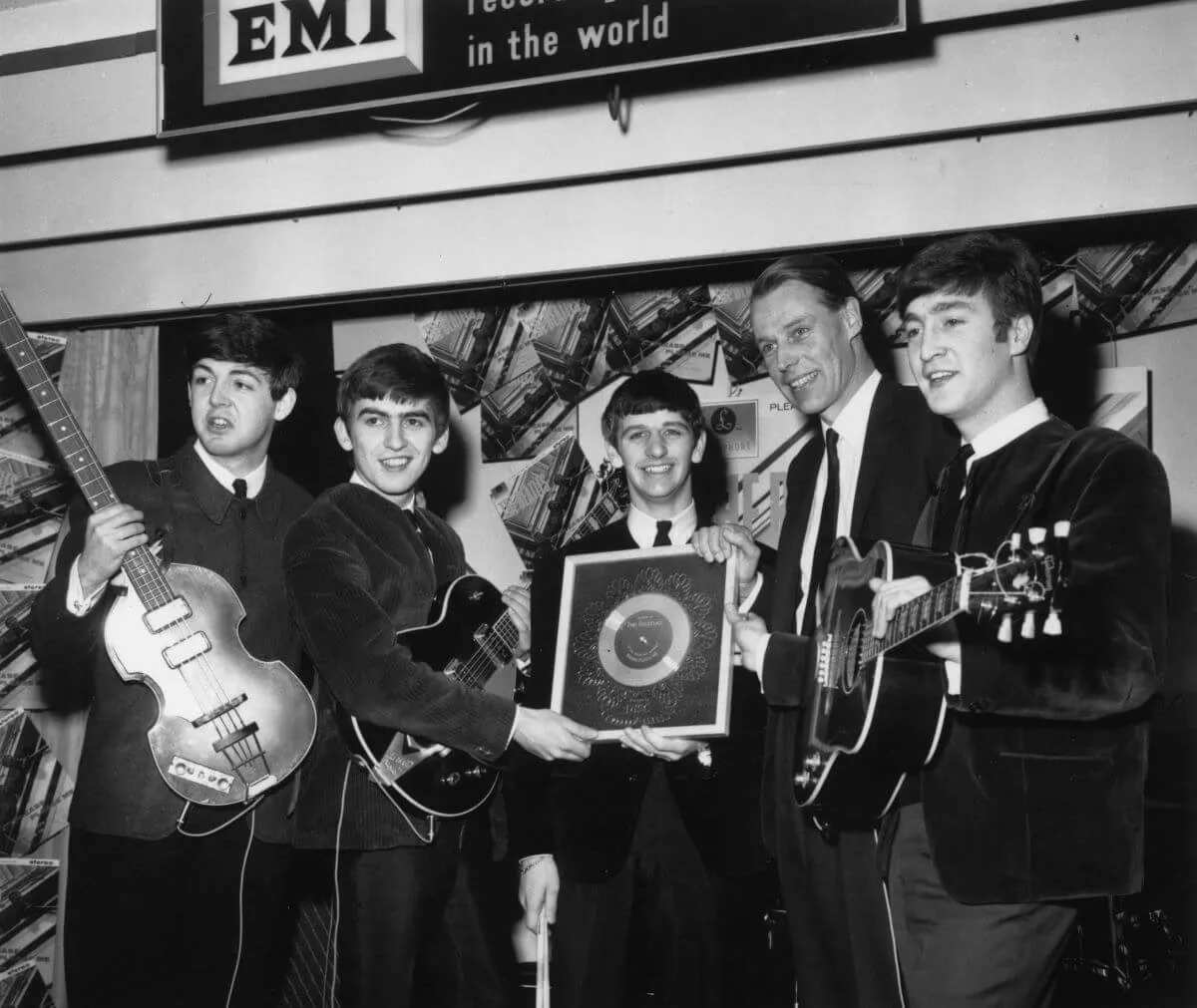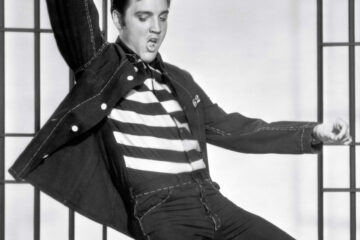It’s always an interesting thing when it feels like an artist might, in fact, misunderstand their own song. During the creation process, when they’re so zoomed in and invested in their piece, it must be hard to pause, step back and get perspective. In the middle of a flow, the meaning might not always hit them or might take a little while to translate. But in the case of John Lennon and one of his most tender tracks, maybe he never really saw it for what it was.
The relationship between art and meaning is something people are still fascinated by and trying to understand. Even if a musician wrote the most specific and personal song in the world, chances are their listeners would find some way to relate or write their own understanding into the words. Interpretation is a hyperpersonal thing. To be an artist is to learn to let go of that, release your work into the world and accept that it will be read a million different ways by a million different people.
The artist, too, might have a totally different view of things. Usually, their word is held up as the ultimate say, but in this instance, John Lennon’s perspective on his track ‘Mother’ feels off, or perhaps still clouded by exactly the emotions he’s working through on the track.
“Mother, you had me / but I never had you,” Lennon sings in the opening line. Within that first second, the track is revealed to be a sharply vulnerable piece, dealing with his complex relationship with his birth mother. When the musician was only a child, he was taken away from his mother and full custody was granted to his aunt Mimi. His childhood was challenging, dealing with the separation from his mum, his father leaving him and all the complex emotions that came along with almost resenting his aunt for keeping him away from his parents, while it was probably in his best interest.
Then, when Lennon was a teenager, his mother was killed as she was hit by a car. The death traumatised the musician, perhaps tightening his friendship with Paul McCartney, who had also lost his mother young. But while the experience haunted him, it took a while for it to find its way into his lyrics. The 1986 White Album track ‘Julia’ is the first moment she came into focus. “I sing a song of love for Julia,” he sings, sharing only tender and sweet emotions.
When it comes to ‘Mother’, there is more darkness. But Lennon seemed to hear his own difficult emotions and paint the track as a difficult beast. “Many, many people will not like ‘Mother’; it hurts them,” he said in 1970. “The first thing that happens to you when you get the album is you can’t take it. Everybody reacted exactly the same. They think, ‘fuck!’”.
It seemed that Lennon was colouring the track, and the whole of his Plastic Ono Band album, as hard to handle, probably because it was for him. He thought that people would hear the record and think, “Something nasty’s going on with that John Lennon,” as if they’d tarnish him with the gloomy brush of the song.
But there’s nothing “nasty” about ‘Mother’. Sure, it’s a brutal track. Lennon doesn’t hide anything as he puts plain words to his childhood memories. He begs, “Mama, don’t go / Daddy, come home.” He faces up to the fact that his mother allowed him to be taken by his aunt as he sings, “I wanted you, you didn’t want me.” From start to finish, it feels like an outpouring of a lifetime of difficult emotions.
Perhaps it’s a sign of the times. Even after the liberal golden years of the 1960s, there was still a clear stigma surrounding masculinity and men dropping that to talk about their feelings or mental health. Maybe tarnishing the track as “nasty” or depicting the album as a scary, hard-to-handle thing was Lennon’s way of shielding the fact that this song is so vulnerable. Either way, ‘Mother’ stands up as one of his most beautiful pieces, brave and tender in its softness.



